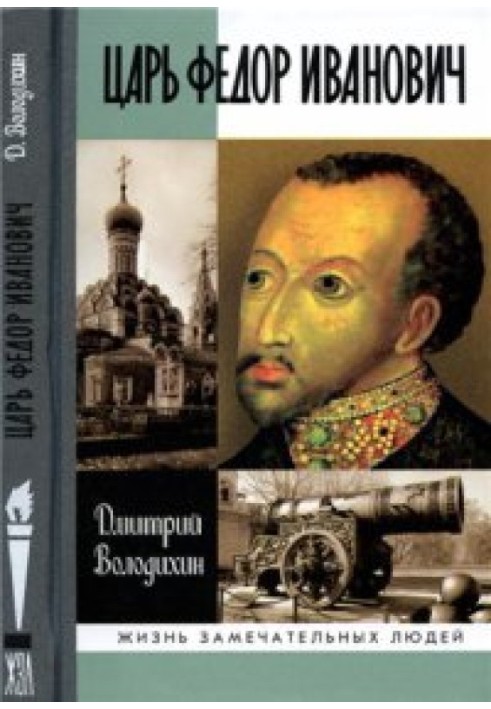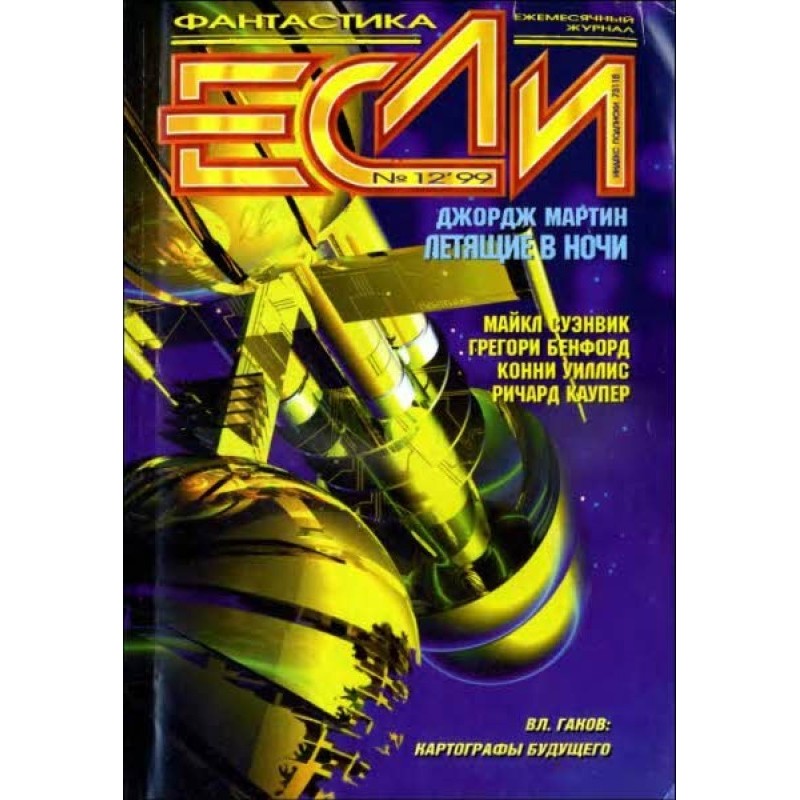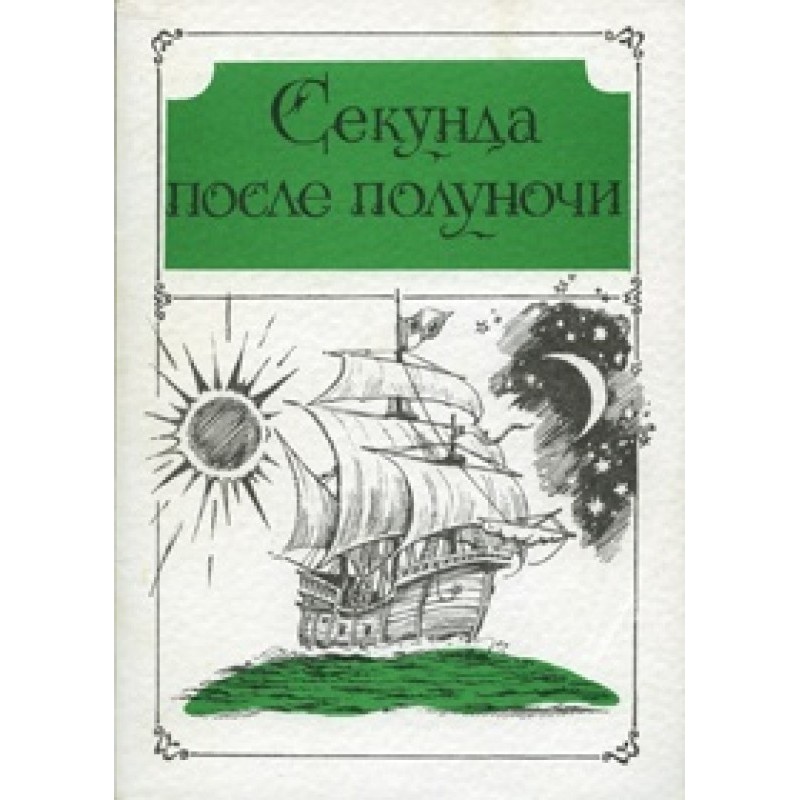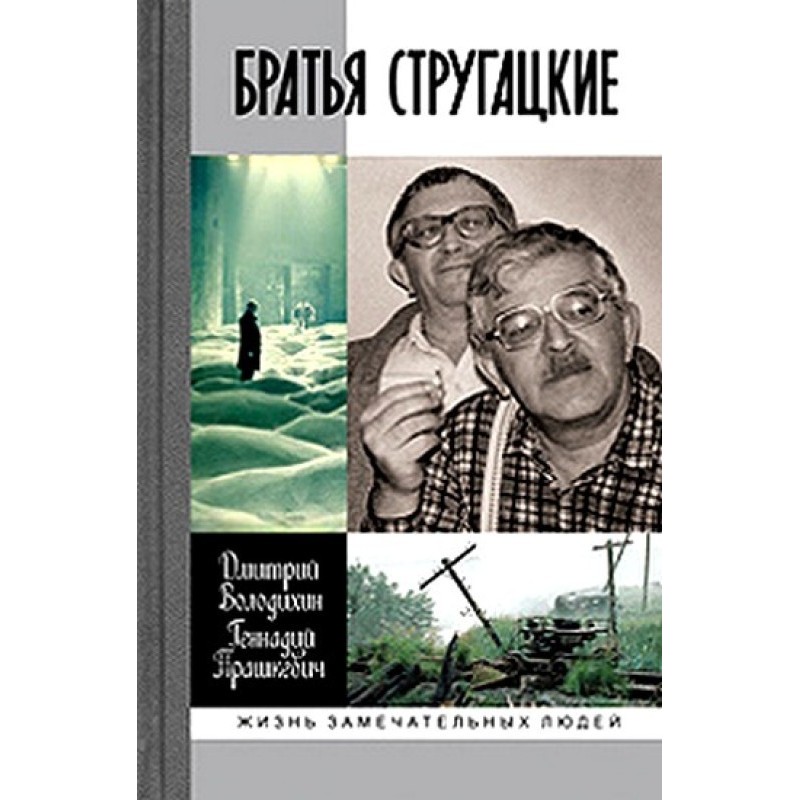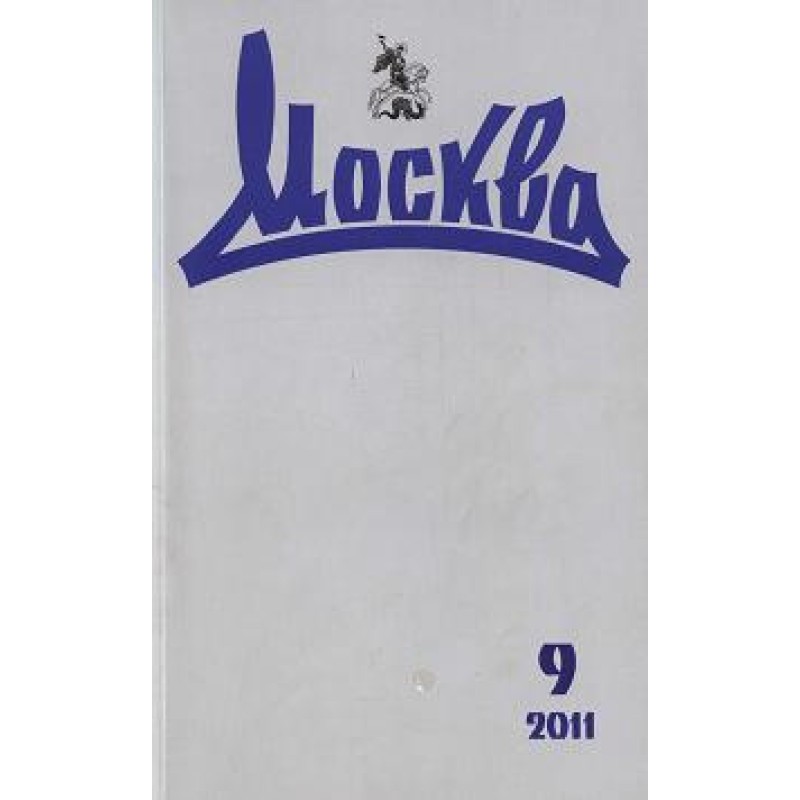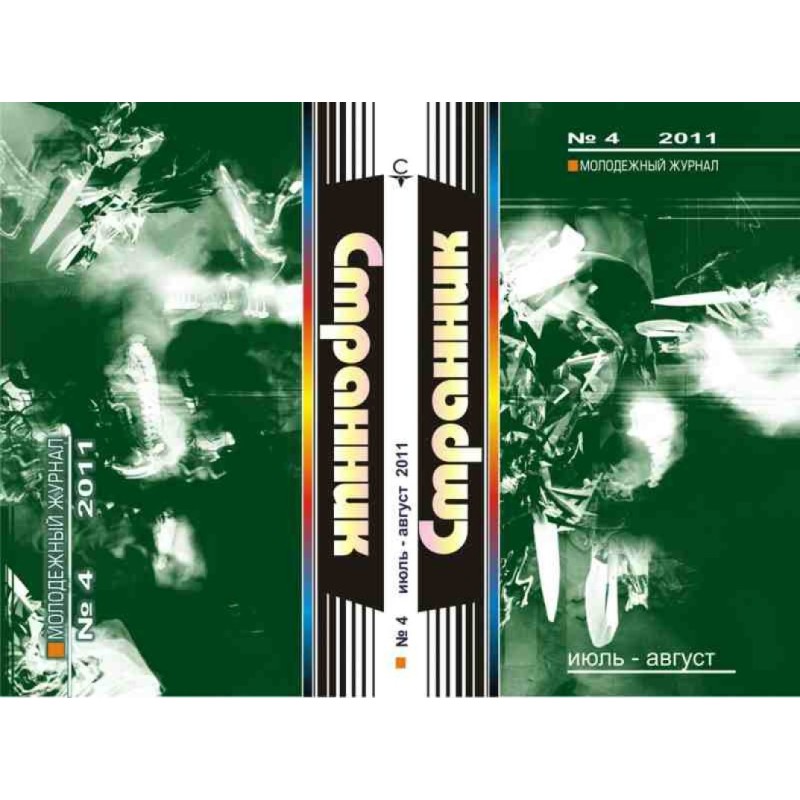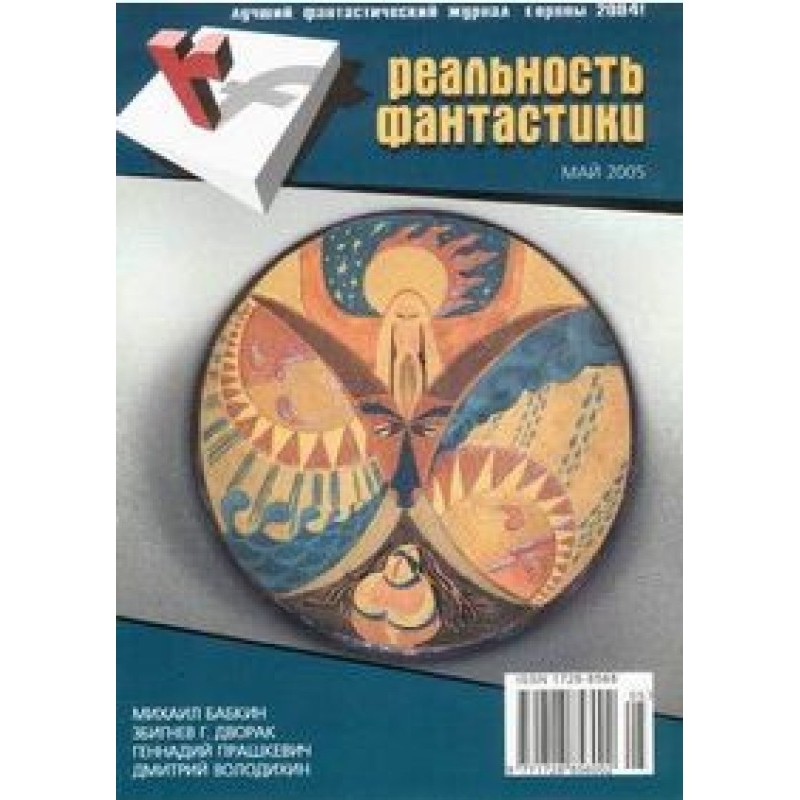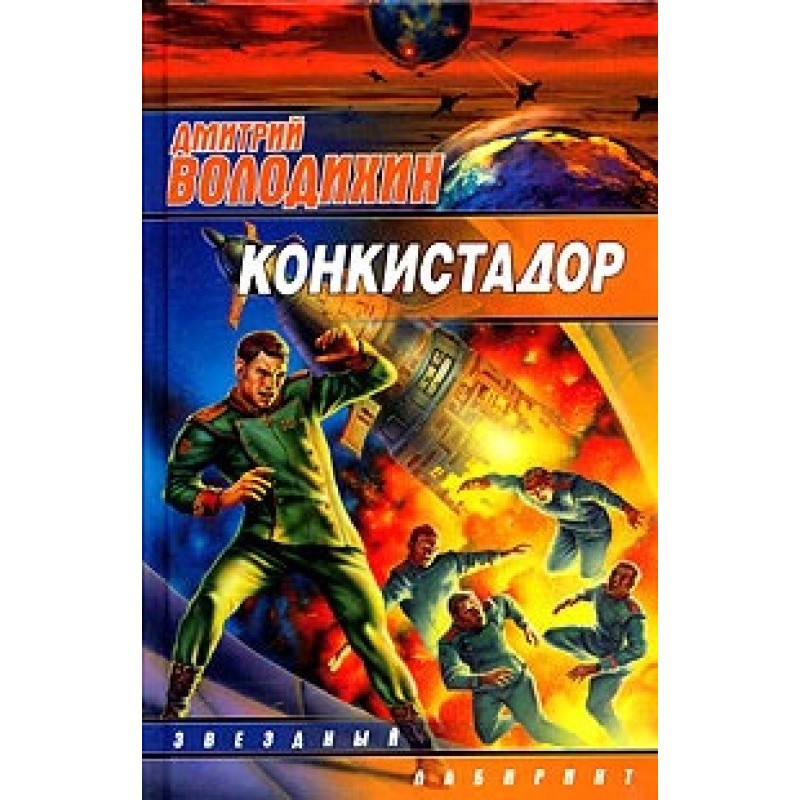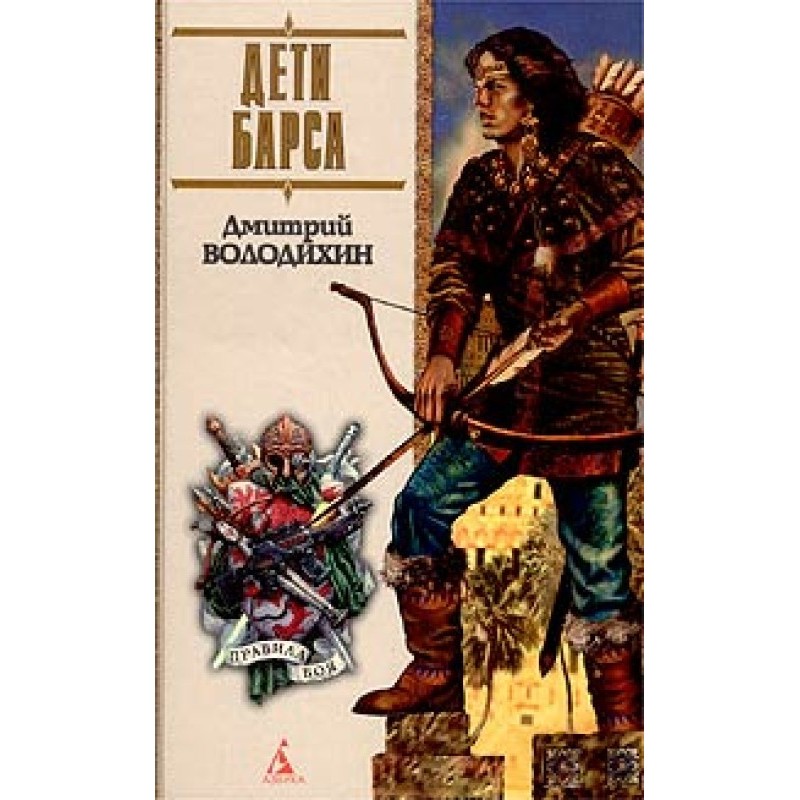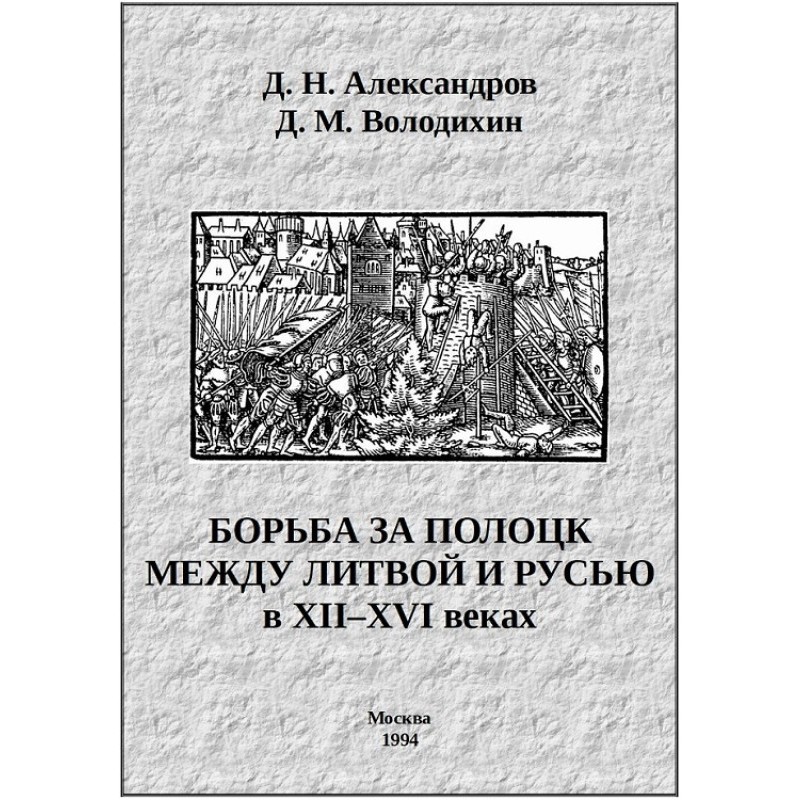Tsar Fedor Ivanovich
 Instant download
Instant download
after payment (24/7)
 Wide range of formats
Wide range of formats
(for all gadgets)
 Full book
Full book
(including for Apple and Android)
Fyodor Ivanovich occupies a special place among Russian monarchs. The point is not only that he is the last representative of the dynasty that ruled Russia for more than seven centuries. The mystery of Tsar Fedor haunted neither his contemporaries nor later historians. Some saw him as a weak-minded fool, incapable of governing the country. For others (and the author of the book is one of them), Tsar Fyodor Ivanovich is, first of all, a saint, canonized by the Russian Church, and his external separation from power is evidence of the unceasing spiritual service of Russia. No matter how one views the figure of “the last Rurikovich on the throne,” one must admit: it was during his reign (1584-1598) that Russia was not only able to overcome the terrible consequences of the previous reign of Tsar Ivan the Terrible, but also achieved outstanding success in its historical development. It was under the “weak” Tsar Fedor (and with his direct participation) that the patriarchate was introduced in Russia; under him, new cities were built and monasteries were founded; under him, Russia won a military victory over Sweden, taking revenge for the defeat in the Livonian War, and managed to gain a foothold in the Urals and Western Siberia. So, was the rule of a “monk king” who shunned worldly affairs good or not for Russia? The author of the book, the famous historian Dmitry Volodikhin, gives his answer to this question.
Data sheet
- Name of the Author
- Дмитрий Володихин Михайлович
- Language
- Russian

